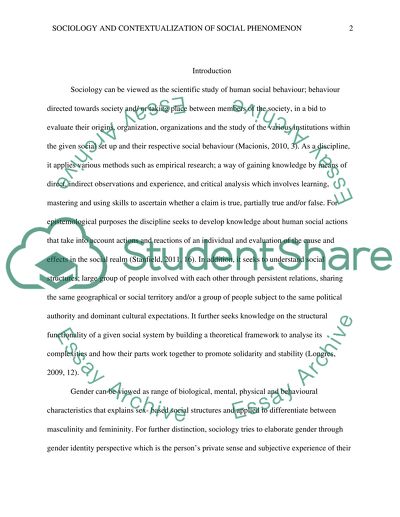Cite this document
(“Sociology and Contextualization of Social Phenomenon Essay”, n.d.)
Retrieved from https://studentshare.org/sociology/1492329-sociology-and-contextualization-of-social-phenomenon
Retrieved from https://studentshare.org/sociology/1492329-sociology-and-contextualization-of-social-phenomenon
(Sociology and Contextualization of Social Phenomenon Essay)
https://studentshare.org/sociology/1492329-sociology-and-contextualization-of-social-phenomenon.
https://studentshare.org/sociology/1492329-sociology-and-contextualization-of-social-phenomenon.
“Sociology and Contextualization of Social Phenomenon Essay”, n.d. https://studentshare.org/sociology/1492329-sociology-and-contextualization-of-social-phenomenon.


